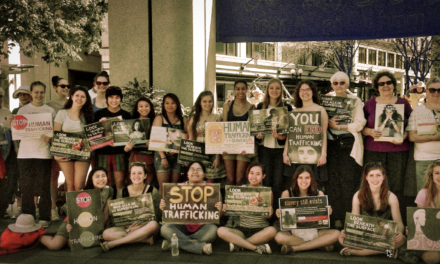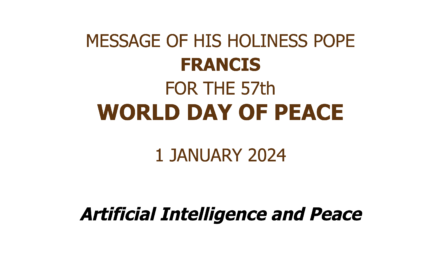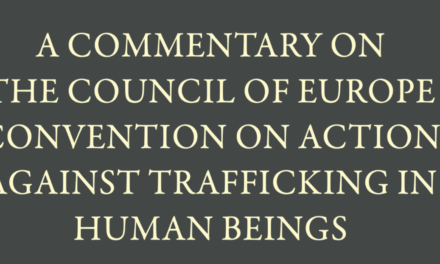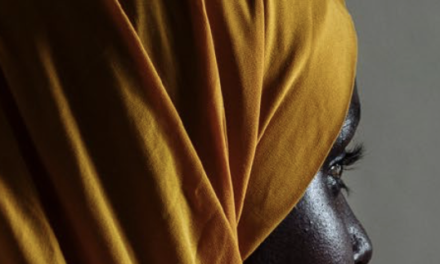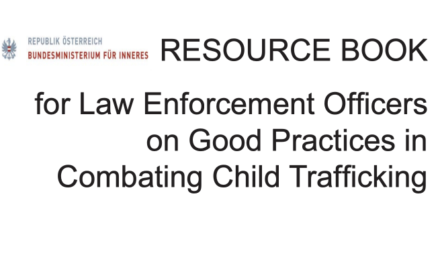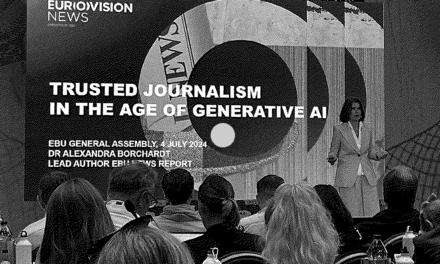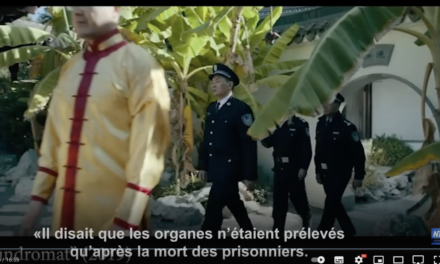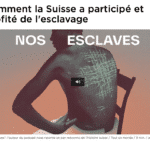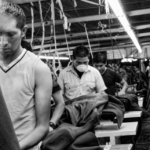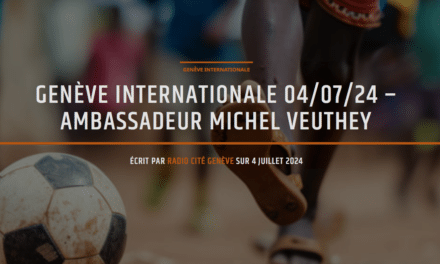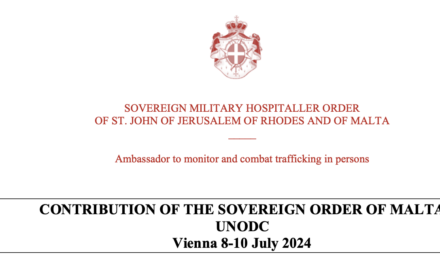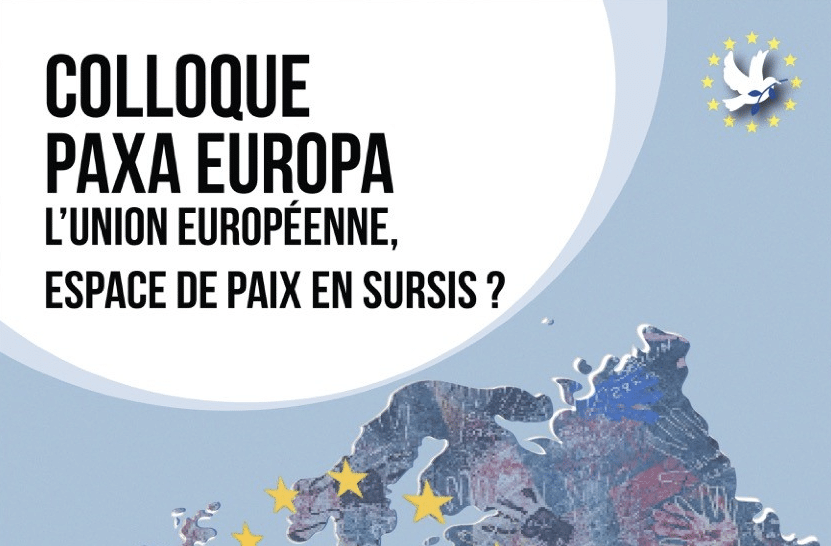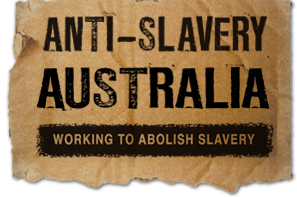
FIDH — IRAK / Crimes sexuels contre la communauté yézidie : le rôle des djihadistes étrangers de Daesh / légitimer et institutionnaliser la captivité et l’esclavage- Sexual crimes against the Yezidi community: the role of Daesh’s foreign jihadists / to legitimize and institutionalize captivity and slavery
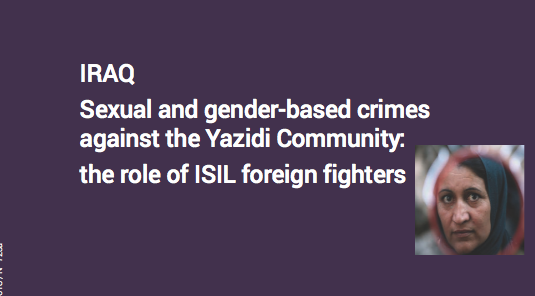
https://www.fidh.org/en
Objectifs de ce rapport
Vu de l’ampleur et de la gravité des crimes perpétrés contre la population yézidie, au vu également de l’important volume d’éléments de preuve disponible (documents, récits de témoins et témoignages de victimes), ce rapport adopte une démarche axée sur les victimes pour relater la nature et l’ampleur des violations perpétrées, en particulier pour faire le récit del’asservissement et des violences à caractère sexuel systématiques constitutifs du génocide et des crimes contre l’humanité, et pour mettre en lumière et quali er juridiquement le rôle desdjihadistes étrangers de l’Etat islamique dans la perpétration de tels crimes.
La FIDH a recueilli ou examiné des témoignages détaillant l’asservissement systématique de femmes et d’enfants ainsi que la perpétration généralisée de violences physiques et psychologiques graves, comme les violences volontaires, la torture, les traitements dégradants et inhumains, le fait d’affamer et de priver de soins hygiéniques et médicaux de base, les transferts forcés et le recours systématique aux violences à caractère sexuel qu’ont endurés les femmes et les enfants yézidis aux mains de leurs ravisseurs de l’Etat islamique ou dont ils ont été témoins, souvent pendant plusieurs années de captivité.
Ce rapport examine la manière dont la perpétration de ces crimes a été légitimée et institutionnalisée au sein de l’Etat islamique, à travers une étude de textes et d’autres publications de l’Etat islamiquequi exposent les fondements de ces politiques et pratiques, et le cadre dans lequel les rapts de femmes et enfants yézidis, leur esclavage et la perpétration de crimes sexuels et d’autres graves crimes à leur encontre ont été commis.
La FIDH a également analysé les informations recueillies sur le rôle particulier qu’ont joué les djihadistes étrangers de l’Etat islamique dans la mise en œuvre de cette idéologie. Ces ressortissants non irakiens, y compris des citoyens et résidents de pays membres de l’Union européenne et d’autres États parties au Statut de la Cour pénale internationale, font partie de ceux qui ont perpétré ces violences, constitutives de génocide et de crimes contre l’humanité ainsi que d’autres crimes perpétrés contre la population yézidie.
En n, ce rapport analyse les efforts entrepris à ce jour par les différents acteurs nationaux, régionaux et internationaux pour que les auteurs de ces crimes soient traduits en justice. Il émet également des recommandations globales visant à améliorer ou à consolider ces efforts en Irak ainsi que dans les pays d’origine des combattants étrangers. Ce rapport adresse également desrecommandations à plusieurs agences et entités des Nations unies, à l’Union européenne ainsi qu’à la Cour pénale internationale.
Objectives of this report
Given the scale and seriousness of the crimes committed against the Yezidi population, as well as the large volume of evidence available (documents, witness accounts and victims’ testimonies), this report uses a victim-centred approach to describe the nature and extent of the violations committed, in particular to recount the systematic sexual enslavement and violence that constitute genocide and crimes against humanity, and to highlight and legally qualify the role of foreign jihadists of the Islamic State in the commission of such crimes.
FIDH collected or examined testimonies detailing the systematic enslavement of women and children as well as the widespread perpetration of serious physical and psychological violence, such as intentional violence, torture, degrading and inhuman treatment, starving and depriving Yezidi women and children of basic health and medical care, forced transfers and the systematic use of sexual violence at the hands of their captors from the Islamic state or witnessed, often for several years in captivity.
This report examines how the perpetration of these crimes has been legitimized and institutionalized within the Islamic State, through a study of Islamic State texts and other publications that set out the foundations of these policies and practices, and the framework within which the abduction of Yezidi women and children, their slavery and the commission of sexual crimes and other serious crimes against them have been committed.
FIDH also analysed the information gathered on the particular role played by foreign jihadists of the Islamic state in the implementation of this ideology. These non-Iraqi nationals, including citizens and residents of Member States of the European Union and other States Parties to the Statute of the International Criminal Court, are among those who have perpetrated such violence, which constitutes genocide and crimes against humanity as well as other crimes committed against the Yezidi population.
In n, this report analyses the efforts made to date by the various national, regional and international actors to bring the perpetrators of these crimes to justice. It also makes comprehensive recommendations to improve or consolidate these efforts in Iraq and in the countries of origin of foreign combatants. The report also makes recommendations to several UN agencies and entities, the European Union and the International Criminal Court.

